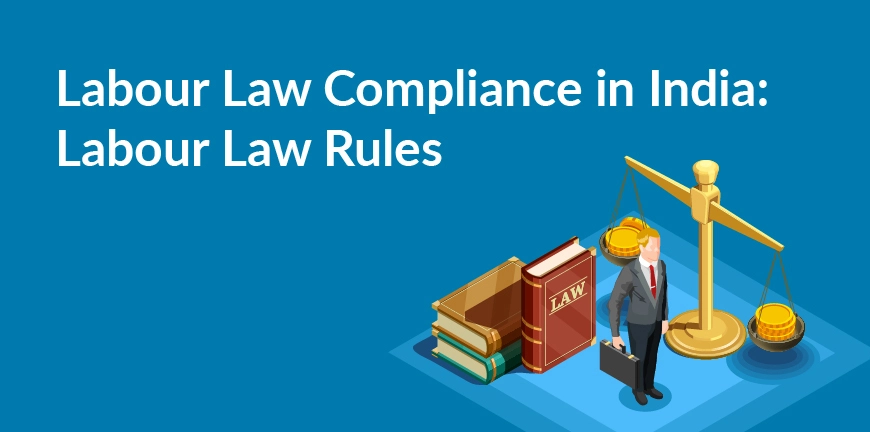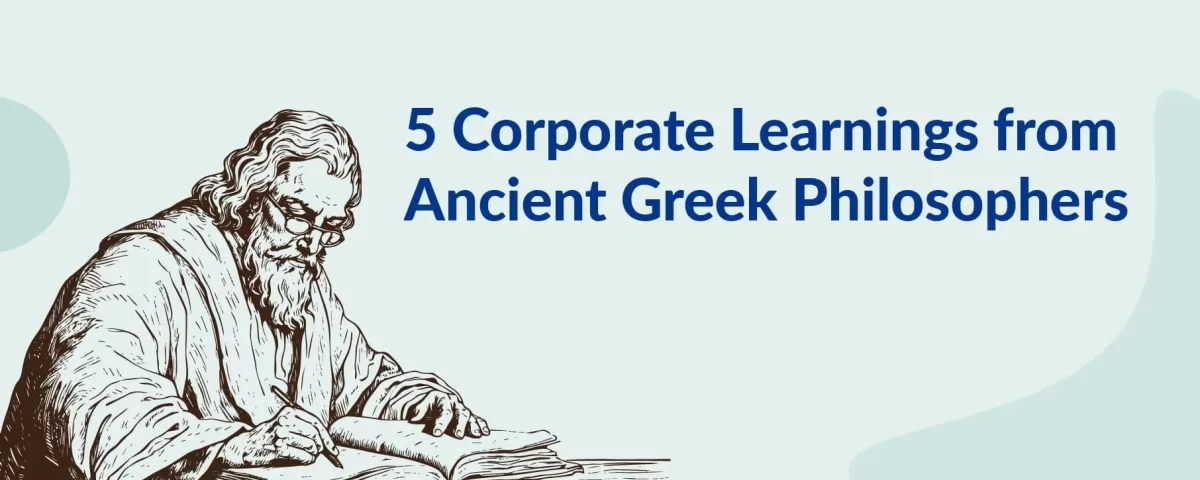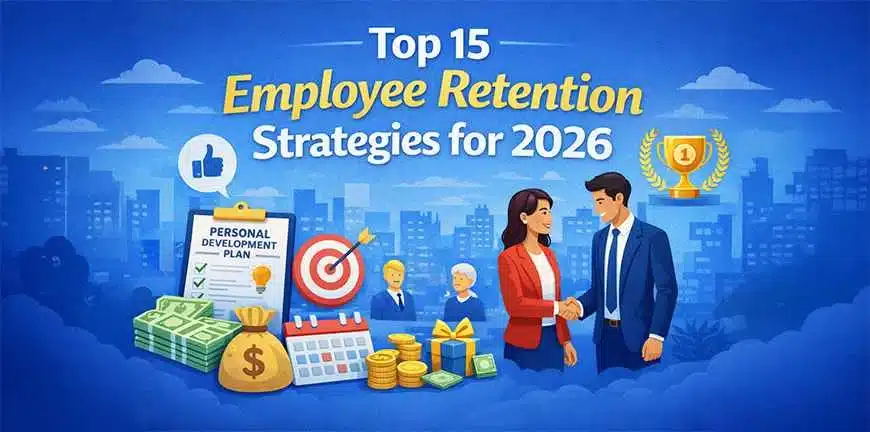
Labour Law Compliance in India: Rules & Concepts
05/03/2024
Top 6 Recruiting Ideas for Manufacturing Industry
12/03/2024The Greek Civilization is often referred to as the cradle of Europe and European Civilization. Its philosophy, whether stoic or sophist, has influenced European and global thought and continues to do so even today. Does Ancient Greek thinking transition well to the workplace?
It really needs to! According to CPP, 85% of employees and leaders experience some kind of conflict at work. And of these 29% experience constant conflict at work. This is bad news. Can Greek philosophy and ideals help the modern workplace build a better culture?
The words of the philosophers of Ancient Greece stand tall like giant pillars and find relevance even in the world today without sounding like a weird juxtaposition or plain rhetoric. Here is a look at some of the core beliefs and how they could apply in the workplace of today.
What We Can Learn from Ancient Greece?
1. Socrates: Wealth does not bring goodness, but goodness brings wealth
Start with your product or service and make sure that the product is responsibly acquired and good for the planet, good for consumers, and good enough so that your employees believe in it. You may have to charge your customers a premium, but your profits will follow.
Do good for the community you find yourself in and support people with special abilities. The brownie points you get for such goodness also adds to your corporate reputation. You can of course bring in the wealth by treading another route, but here is the learning and you can escape being that company which is as tall as a skyscraper but hollow from within.
2. Socrates: Those who are truly wise know that they know nothing
Socrates often alluded to this fact in his teachings. He used to say that people who are truly wise know that they know nothing or very little. This can be abstracted to workshops held in the company and the trainings.
Every person participating in a workshop, or a training session must approach it with the feeling, “I know nothing of this. I need to learn”. When this happens and when everyone is eager to learn, actual learning happens.
3. Zeno: Better to trip with the feet than with the tongue
Have clear policies on how employees must conduct themselves at the workplace. Be honest and transparent as HR and always conduct yourselves within the realm of responsibility and accountability. Expect the same from your employees too.
When you make promises, make sure that they are kept. Conduct performance reviews, review appraisals and provide hikes at the right time. Make sure work contracts and payment terms for employees as well as freelancers are adhered to. These are some of the ways you can transform the workplace with this ideal.
4. Plato: Be kind, for everyone you meet is fighting a harder battle
This quote from Plato is all about emotional wellness, and this is applicable at the workplace too. If you are kind to others, believing that they are probably fighting harder battles, then it helps build an inclusive and supportive workplace, one where there is no room for emotional difficulties or burdens.
What are the merits of an emotionally balanced workplace? The employees are more equipped to deal with stress and stay productive and happy throughout their tenure at the company. Word spreads that your workplace is employee-friendly, and your reputation gets a much-needed boost. According to PwC, 67% of businesses report having policies in place to promote physical and mental wellness.
5. Plato: Only the dead have seen the end of war
This, to us, is a quote that speaks of workplace resilience. There is no end to struggles for a business. If your company is going through tough times, there are things you can do to achieve resilience and stay on track. You can be proactive or reactive when you are trying to be resilient.
You can see an opportunity for something happening and be proactive and take action to prevent it, or you can wait for it and respond to it in the best way possible. The best approach is a mixture of the two, acting in the right manner for the right scenarios. How do you build resilience in an organization? Having a great and visionary leadership and rewarding collaboration are a couple of things you can do. Read more on it here.
What can we do better than Ancient Greece?
Constant war between the different city states prevented the creation of a unified Greek kingdom. It was Alexander who first established a large Greek empire but even that was not at peace. There was also friction between the ruling classes and the poor.
But what set the Greeks apart was the fact that every time the Olympics came, the city states would sign a truce, so that there could be a safe path to Olympia. But co-operation and collaboration is not meant to happen once in a blue moon. It is supposed to happen continuously. Organizations must learn to work with each other and collaborate for the greater good, even as competitors and not just when they play sports!
An earlier example is that of Steve Jobs bringing Google on stage during his reveal of the iPhone where he showed how Google’s search and location services would be a gamechanger for the iPhone and the mobile industry at large. But Apple and Google weren’t necessarily competing in the same space at the time.
A more recent example of collaboration are Google and Microsoft working together on a foldable Android tablet from Microsoft or having an Android phone connect to your Windows PC. And this, despite both Google and Microsoft, with their respective search engines, being contenders in the search services category.
Closing Words
Modern corporate culture is often undermined for its stress levels, lack of proper goal setting or accountability and lack of visionary leadership. Can our learnings from Ancient Greece help us flip the plate? The truth is that these learnings are too great to ignore.
If we are to implement these at the workplace, we will achieve higher productivity, a peaceful atmosphere, a greater degree of collaboration and workplace where everyone relates to even stress with a calmness characteristic of a Greek philosopher.
Now that’s some Greek yoghurt for thought, especially in the HR and corporate world, a different way to approach problems, a way that might just keep the workplace ‘in good health.’
Contact Us For Business Enquiry

Rajkumar Shanmugam
Rajkumar Shanmugam is the Head of HR at ALP Consulting, bringing over 19 years of comprehensive HR leadership experience across India and international markets. His expertise spans talent acquisition, employee relations, performance management, compliance, and HR transformation. Rajkumar has a proven track record of driving people-centric initiatives, enhancing workplace culture, and aligning HR strategy with business goals. With extensive experience in US staffing operations and global mobility, he continues to lead organizational excellence through innovation and employee engagement.




